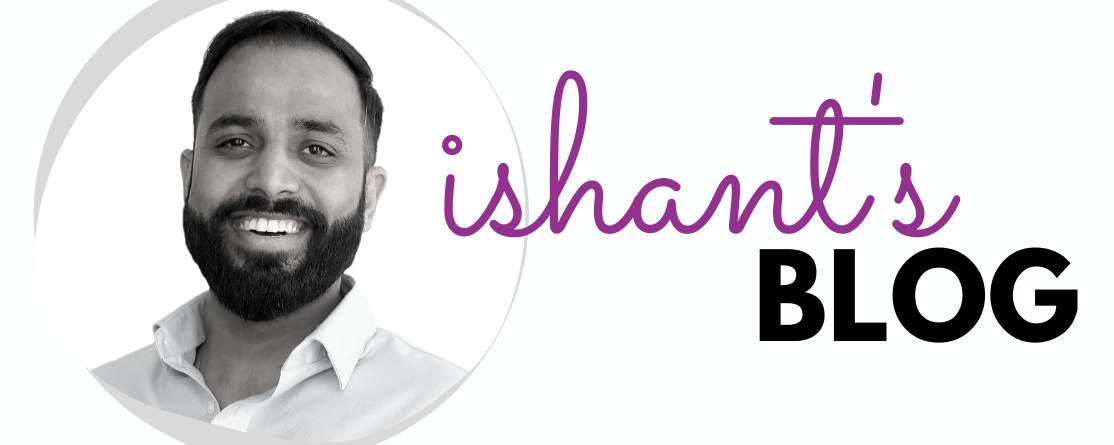One more coffee shop
If there are already 10 coffee shops on a street, what's the point of you opening another one? What new are you going to offer? A better blend of coffee? Bigger muffins? A better location with more footfall? What about a more boutique cafe with some books to read? It's hard to be able to differentiate in a commoditised business segment. Unless you are a big player in your space(say Starbucks in this instance). If you can avoid entering a...
Conditional apologies
"We apologise for any inconvenience this may have caused." "If my comments struck anyone as offensive, I am sorry, as that certainly wasn't my intention." "I'm sorry I said that, but I have too much going on." Conditional apologies are pointless. They seek to avoid responsibility, make excuses, or downplay what was done. Owing your screw-ups requires some courage. But it's the only way to repair damage and rebuild trust. You can either sweep...
The audience doesn’t really care
Imagine being seated in a theatre, waiting for your favourite play to start. Ten minutes into the play, the lead character has an audio issue, and you can't hear her properly. She doesn't realise the issue and continues to perform as normal. It takes the sound team about 5 minutes to get the normal audio back. Maybe it was a signal issue. Or, maybe the team didn't do a thorough sound check. What if the sound equipment failed at the last...
Reading vs. Watching
Reading and Watching - the two primary modes we use to consume information and communicate. The two modes differ in more than one way. Reading is an active process as it requires you to use more of your cognitive senses. It's possible for different readers to interpret the same content differently. Be it a professional email, or a character of a novel. The context, social factors and personal biases help shape these interpretations. Watching,...
Failure stories
Most startups fail. About 90%. 75%, if you are venture-backed. Close to 70% of organisational change initiatives fail to deliver the results. Approximately 92% of people who set up New year goals don't end up achieving them. Yet, we are only surrounded by stories of the elite minority. The ones who've managed to make it. Success stories are misleading. They create a false perception of a very specific road-map to success. Especially when there...
Data, insights and information
'Data' is becoming a popular trend. Everyone is talking about it. Big Data. Data science. Data-driven marketing. Data based decision making. Over the years, both the amount of data and the access to it, have gone up significantly. That doesn't necessarily mean we are more informed. Plain data, especially when there is lots of it, is all noise and hard to comprehend. It needs to be converted into meaningful insights, which requires one to have...
Types of online content
There are essentially two types. Ones that cause interruption and the ones that result in engagement. The first type is a one-way conversation focused on persuasion. A deluge of ads, sales and promotional materials. Across a number of platforms. The other type aims to provide value to the audience by addressing their interests and/ or pain points. As a consumer, it isn't particularly difficult to choose between the two. If you are a...
The resource conundrum
Access to resources is fundamental to getting things done. Putting food on the table. Getting a job. Building an organisation. Raising a family. If you don't have the right resources, it's hard to get what you want. But once you have the resources, the challenge is to prevent misuse and waste. Too many people in an organisation rarely mean high productivity. And, the chances of you overpaying for something is much more when you have big...
Negative comments
Whether you are a public figure or not, you're going to have to deal with people's opinion of your work. Opinions from colleagues, managers, customers, family members and even strangers on social media. While getting positive feedback is a big motivator, negative comments can be immensely discouraging. In dealing with the negative comments, it's helpful to ask two important questions. How well does the other person know you? It's important to...
Good or famous?
Be it the gadgets you buy. The school/ university you attend. The company you decide to work for. People you hire. Or the role models you choose to follow. It's easy to be confused into believing that if it's famous, it must be good. But that's rarely the case. There is little data to show that a university with the highest amount of patents (or huge sports facilities) is good at doing its primary job of preparing students for the future. And...

